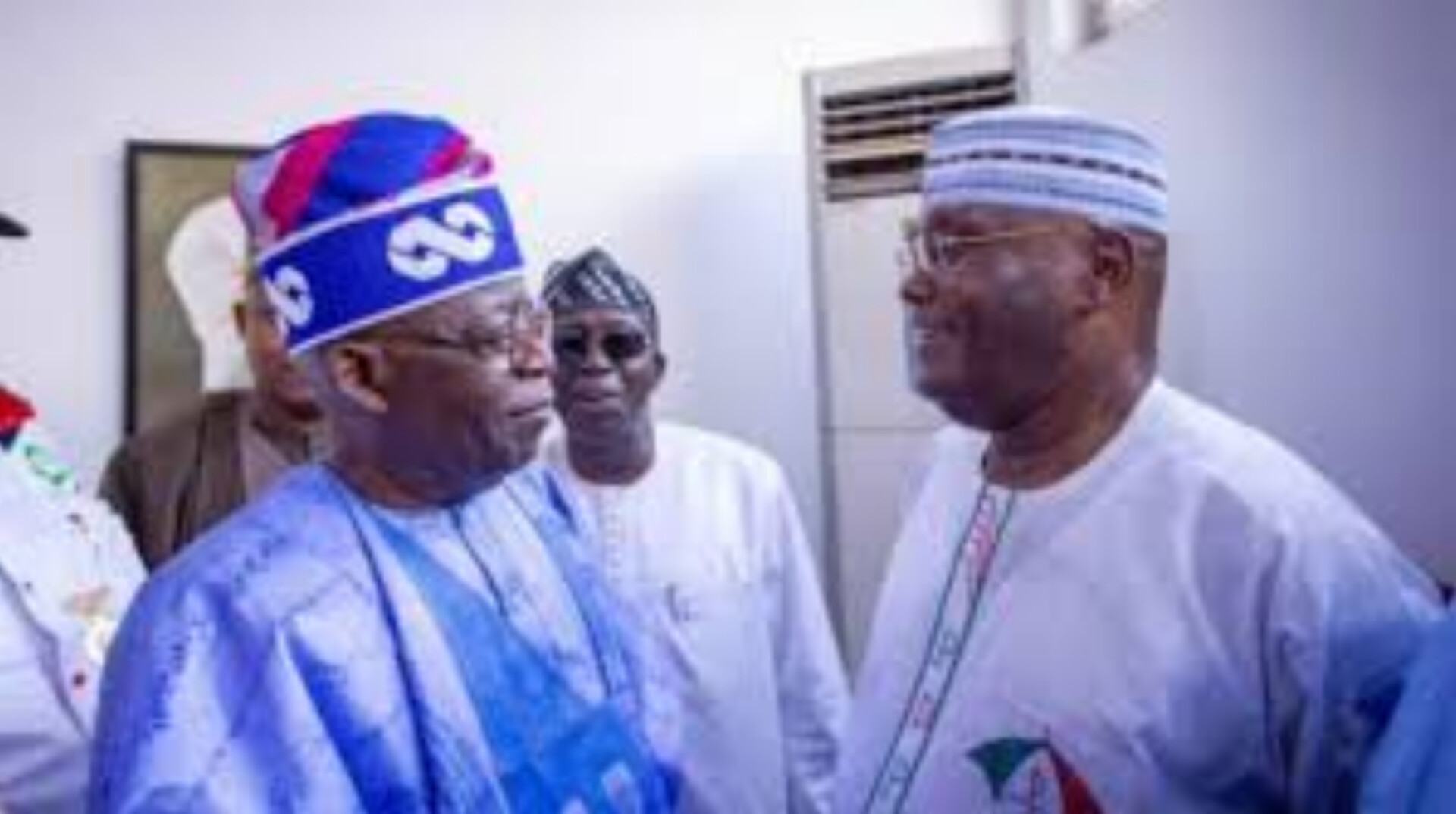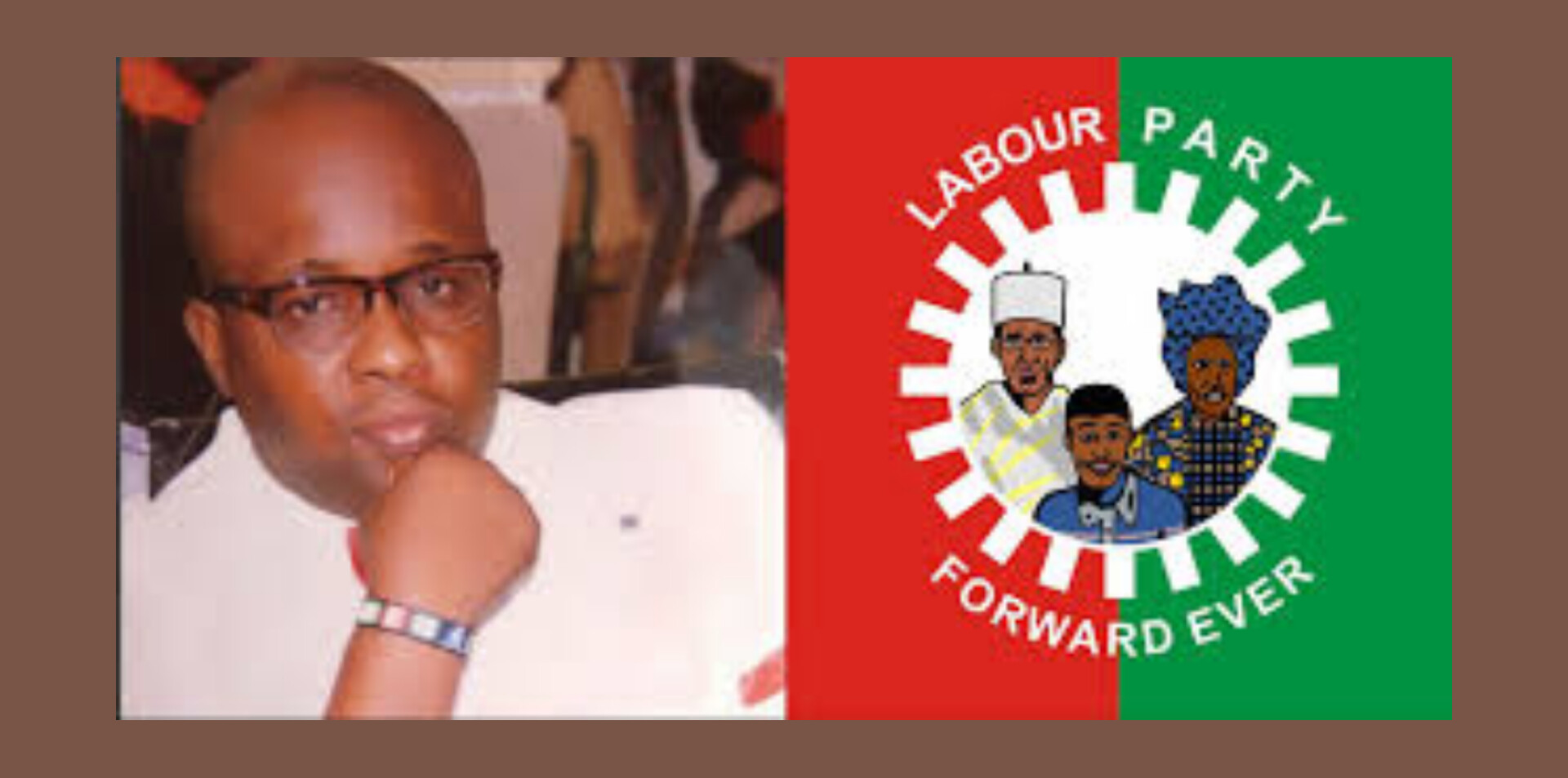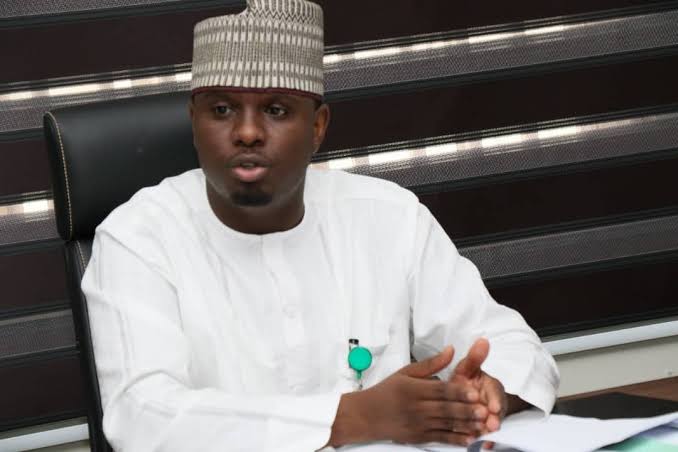By Ehichioya Ezomon
The rule of law is both foundational and fundamental to democratic governance in a civilised society. Absence of the rule of law inevitably breeds the rule of the jungle.
One of the tenets that undergird the rule of law is order of court, whose disregard of or disrespect to may lead to anarchy that thrives on might and tramples upon rights.
That’s why November 2022 is significant, as Nigeria seeks to move away further and farther from the era of the jackboots, to deepening the country’s democratic ethos.
In the past month, the courts have shone more light on what’s always been visible to the public: The regular and continuous disrespect to court orders by the heads – at whatever level – of Nigeria’s multiple security agencies.
Within three weeks, three judges of High Courts in Abuja and Minna have ordered the arrest and imprisonment of four high-profile security officers “for contempt of court.”
Those indicted: Chairman of the Economic and Financial Crimes Commission (EFCC); Inspector General of Police (IGP); Chief of Army Staff (COAS); and Commandant of Training and Doctrine Command (TRADOC).
While the court censor of EFCC Chairman Abdulrasheed Bawa came early in November, the orders on IGP Usman Alkali Baba, COAS General Farouk Yahaya and TRADOC Commander Major-General Stevenson Oluwagbenga Olabanji, respectively, were given in late November.
It doesn’t matter if these officers superintend regular, quasi or para-security outfits, bear arms or legally recognised to carry out the duties they so discharge.
A similar thread runs through them: Brazen disregard of and disrespect to court orders, as if they’re above the law, which they take into their hands with reckless abandon.
This decadeslong proclivity is what the November court rulings spotlighted as a growing concern within the Officer Corps, and among the rank and file of the security.
Often, you hear officers – mainly of the lower ranks – boasting, “I will deal with you mercilessly, and nothing will happen. You can go and report to the IG or the Commander-in-Chief, and I tell you nothing will happen.”
If the rank and file exhibit such a level of indiscipline, why would you expect members of the Officer Corps to respect mere orders of courts issued by “bloody civilians?”
Hence the Human Rights Writers Association of Nigeria (HURIWA) was against the “norm” when it asked IGP Baba to “pack your bags (and) head to Kuje prison now.”
Because the IGP won’t obey the order – not even for its symbolism – and report himself to prison with his office and power behind him: armed escorts and blaring sirens.
HURIWA had urged the IGP to obey the three-month prison sentence immediately, and “surrender himself with his prison bag straight to the Correctional Centre in Kuje.”
“He (Baba) should not treat this court order with ignominy or contempt,” HURIWA said in a statement, adding, “Anything outside of strict compliance with this court order will mean that Nigeria has become a banana republic.”
HURIWA called on President Muhammadu Buhari “to personally supervise the surrender of the IGP to the Federal Correctional Centre, Kuje, without wasting time.”
But rather than obey by “complying with the judgment or getting a stay of execution order quickly,” as HURIWA counselled, the IGP’s complaining and issuing excuses of “I’m not aware of such a court order.”
The Force Public Relations Officer, Olumuyiwa Adejobi, claimed that, “the (IGP’s) office is not aware of any Court Order, during the current IGP’s tenure, with respect to a matter… that the IGP disobeyed a Court Order for the reinstatement of a dismissed officer of the Force.”
“It is instructive to note that the case in point concerns an officer who was dismissed as far back as 1992, a few years after the current IGP joined the Nigeria Police Force, based on available facts gleaned from the reports.
“The most recent judgement on the matter was given in 2011 which should ordinarily not fall under the direct purview of the current administration of the Force. Thus, the news is strange and astonishing.
“The IGP has however directed the Commissioner of Police in charge of the Force Legal Unit to investigate the allegation in a bid to ascertain the position of the court and proffer informed legal advice for the IGP’s prompt and necessary action,” Adejobi said.
Meanwhile, the IGP’s filed a motion to vacate the order for his arrest and committal to prison, arguing that the processes for the contempt proceedings were served in 2018, and 2019 “on the former IG, and not on him as the incumbent.”
“This was evidenced by an official letter addressed to the Police Service Commission, on the approval of the then IG, as far back as 2015, before the court order of November 29, 2022,” PPRO Adejobi said in a statement.
“The then IG requested the commission to issue a reinstatement letter to the plaintiff, and effect his promotion, in line with the order of the court in the exercise of its statutory authority.”
Similarly, without complying with his committal to prison, Mr Bawa quickly appealed the ruling from a 2018 court order that the EFCC return a Range Rover and N40 million it’d seized from retired Air Vice Marshal Adeniyi Ojuawo.
The trial Justice Chizoba Oji had discharged and acquitted Ojuawo for lack of diligent prosecution, and ordered that his car and money be returned to him.
But last November – after four years – Ojuawo filed an application over non-compliance with the court order, leading Justice Oji to order Bawa’s arrest and jailing for three months, “having continued wilfully in disobedience to the order of this court… until he purges himself of the contempt.”
Two days later, the Judge vacated the order when she’s satisfied with the evidence placed before her that the EFCC had returned the car to Ojuawo, with arrangements in place to refund the N40 million to the applicant.
The circumstances of the case involving the COAS and TRADOC’s commander are unclear, but the Niger State Chief Judge, Justice Halima Ibrahim Abdulmalik, has committed Gen. Yahaya and Maj.-Gen. Olabanji to prison in Minna for three months “until they purge themselves of contempt.”
The matter is based on a 2019 suit (NSHC/225/2019 in Minna) between Adamu Makama and 42 others versus the Executive Governor of Niger State and seven others.
At its resumed hearing on October 12, 2022, Justice Abdulmalik gave an order – which the COAS and TRADOC commander reportedly flouted – prompting Mohammed Liman, the plaintiffs’ counsel, to file for contempt.
The case has been adjourned to December 8, but as it happened with the IGP and EFCC’s Chairman, Nigerians are yet to hear about the arrest and imprisonment of the COAS and TRADOC commander for contempt.
Will these Military top shots also appeal the court order for their arrest and committal to prison, make themselves available for transfer to the correctional centre in Minna or join others that place themselves “above the law”?
Mr Ezomon, Journalist and Media Consultant, writes from Lagos, Nigeria.





